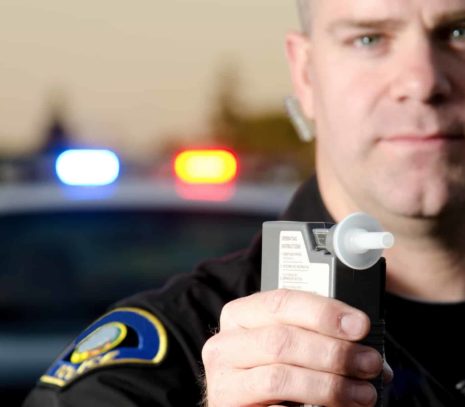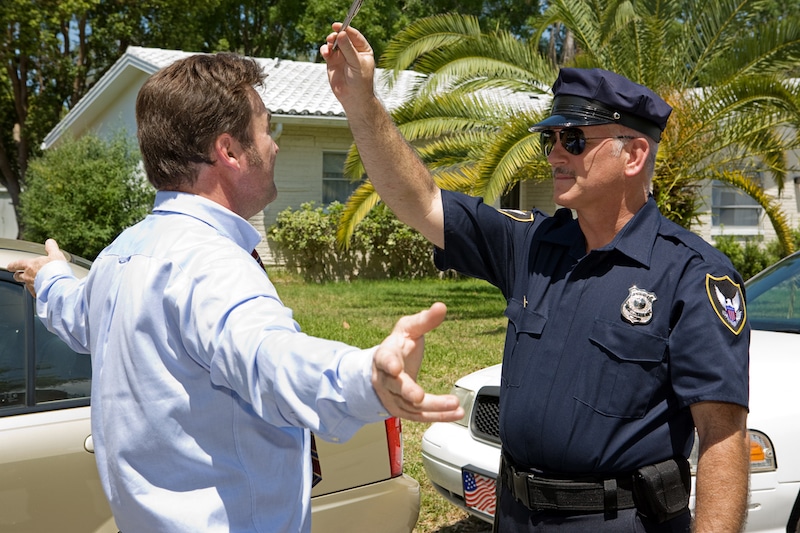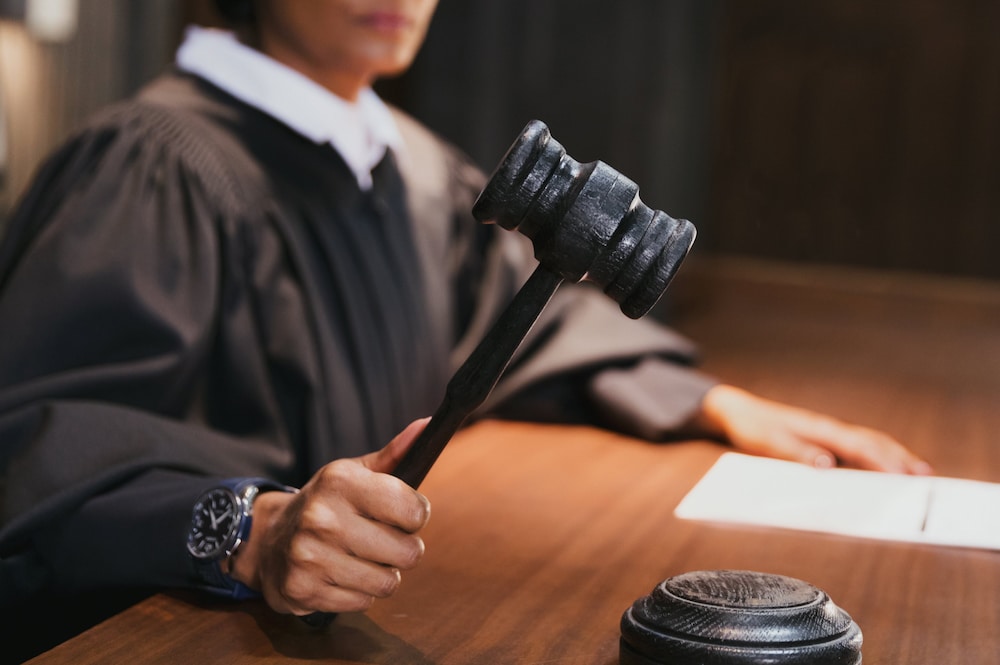SHOULD I REFUSE THE BREATH OR BLOOD TEST?
If I refuse a breath and/or blood test, or if I’m found to have an alcohol concentration of .08 or more at the time of vehicle operation, can anything be done to prevent my license from being suspended?
Law enforcement officers can seize your driver’s license if you have refused or failed a breath and/or blood test.
If this happens, the officer should also issue you a temporary driving certificate authorizing you to drive legally for 40 days.
Furthermore, although your license has been seized, you have the right to what is called an administrative license revocation (ALR) hearing.
Suspended drivers license written notice
After you are arrested for DWI and you have either refused or failed chemical testing, a peace officer is required to give you written notice that your driver’s license will be suspended.
After the officer does that, you will have 15 days from that date to request, in writing, a hearing from the Texas Department of Public Safety (DPS) headquarters in Austin.
Alternatively, if you fail to request a hearing, you waive that right and your license will be suspended on the 40th day after you received the written notice.
If the officer fails to provide you with notice of your license suspension, DPS will mail a notice to you, via certified mail, that your driver’s license is subject to suspension.
This is important because instead of the 15 days to file for a hearing from the date of your arrest, you now have 15 days from the date you receive the DPS notice.
Notice is presumed to have been received 5 days after it is mailed, triggering the 15-day time limit to request a hearing.
Accordingly, do not rely on receiving notice from DPS to request a hearing, or you might end up waiving that right.
This is also a good time to confirm with DPS that the address on your driver’s license is correct, because that is where the agency will send the notice.
The right address on your drivers license
For notice by mail purposes, your suspended drivers license address is your mailing address, even if it is the incorrect address.
This is because you have a duty to report address changes to DPS within 30 days of moving.
Accordingly, be sure to have your license address changed if you have moved since obtaining your license.
When you make your ALR hearing request, the suspension of your driver’s license is stopped while you await the hearing.
The 40-day license is extended until you have had the hearing.
Furthermore, if you lose the ALR hearing, you also have the right to an appeal, but it must be requested within 30 days after the ALR judgment becomes final.
An appeal also stays the suspension of your license, but only for 90 days.
Note that if you win your appeal, then your suspension is lifted.
TELL US ABOUT YOUR CASE
Form Submissions have a fast response time. Request your free consultation to discuss your case with one of our attorneys over the phone. The use of this form does not establish an attorney-client relationship.
The information on this website is for general information purposes only. Nothing on this site should be taken as legal advice for any individual case or situation. This information is not intended to create, and receipt or viewing does not constitute, an attorney-client relationship.






